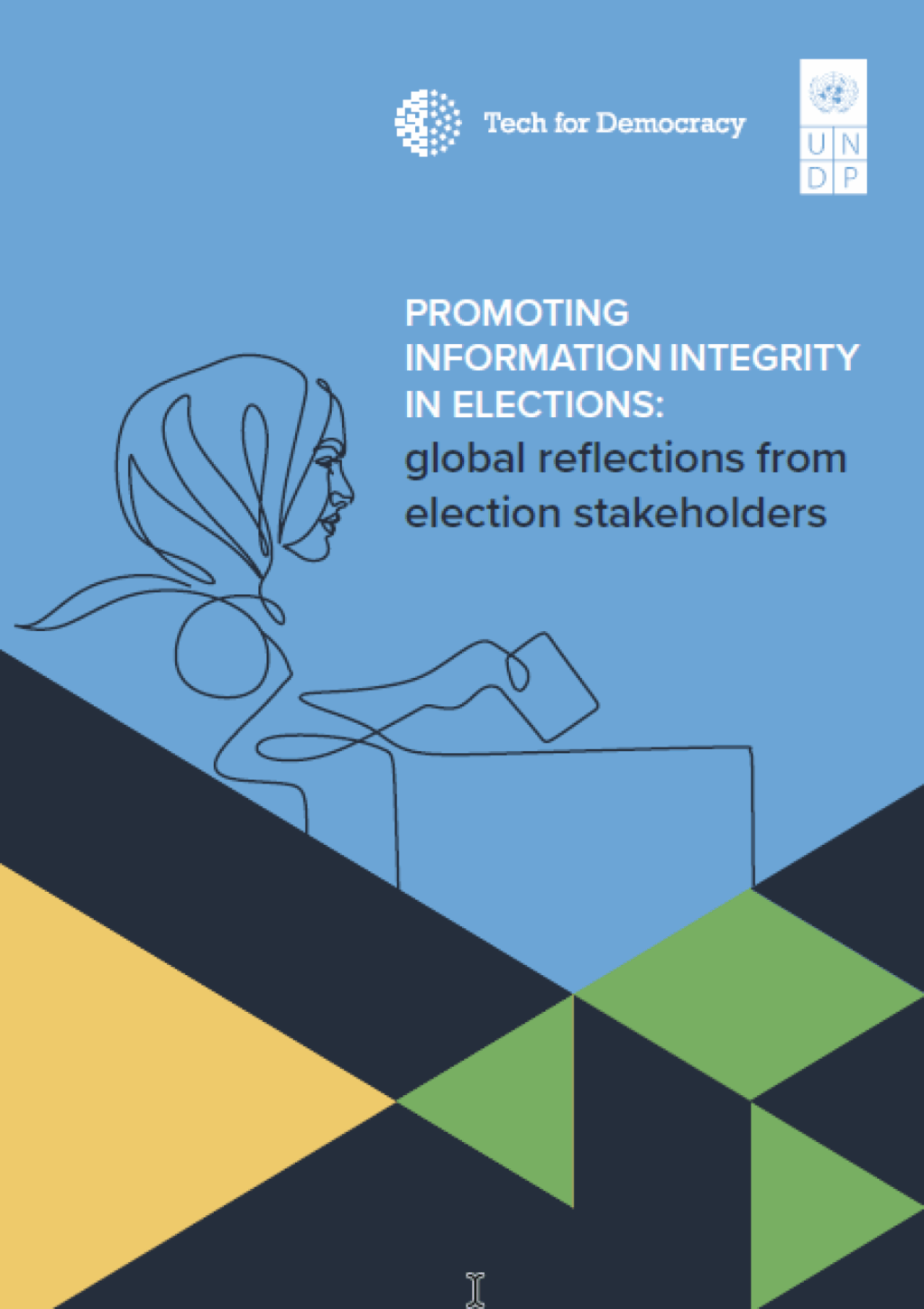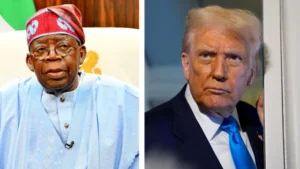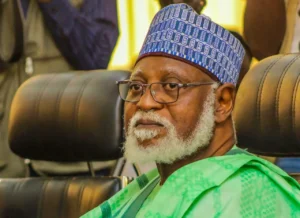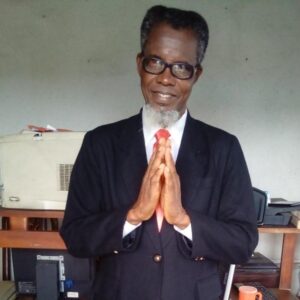THE INDIAN ELECTORIAL MODEL: A BEACON FOR GLOBAL DEMOCRACY

In a world where democratic values are often challenged, the recent interview of the Indian President on the Lex Fridman Podcast sheds light on the robust electoral framework of India.
This conversation not only highlights the intricacies of the Indian electoral process but also serves as a clarion call for other nations to emulate its practices. The trust and computation shared between the electorate and the Election Commission of India (ECI) exemplify a model that can inspire democracies worldwide.
A Trustworthy Electoral Commission
At the heart of India’s electoral success is the Election Commission, an autonomous constitutional authority responsible for administering election processes in the country. The ECI’s credibility stems from its independence, transparency, and commitment to free and fair elections.
The commission operates under a framework that ensures that every vote counts, and every citizen’s voice is heard. This level of trust is crucial in a diverse nation like India, where over a billion people participate in the democratic process.
The ECI employs advanced technology to ensure the integrity of elections. Electronic Voting Machines (EVMs) and Voter Verified Paper Audit Trails (VVPATs) are just a few examples of how India has embraced technology to enhance electoral transparency.
These innovations not only streamline the voting process but also provide a verifiable paper trail, reassuring voters that their choices are accurately recorded.
Voter engagement and education
Another significant aspect of India’s electoral narrative is the emphasis on voter education and engagement. The ECI has launched numerous initiatives to inform citizens about their voting rights and the electoral process.
Campaigns like “Voter Helpline” and “Systematic Voters’ Education and Electoral Participation” (SVEEP) aim to increase voter turnout and ensure that citizens are well-informed about the candidates and issues at stake.
This proactive approach to voter engagement fosters a sense of ownership among citizens regarding their democracy. When people feel empowered to participate, they are more likely to hold their elected representatives accountable, thereby strengthening the democratic fabric of the nation.
A Diverse and Inclusive Democracy
India’s electoral process is a testament to the power of diversity and inclusion. With a multitude of languages, cultures, and religions, India’s democracy is a mosaic that reflects the voices of its people. The ECI’s efforts to accommodate this diversity—through measures like providing ballots in multiple languages and ensuring accessibility for differently-abled voters—demonstrate a commitment to inclusivity.
This inclusivity is not just a moral imperative; it is a practical necessity for a functioning democracy. When all segments of society feel represented, the legitimacy of the electoral process is bolstered, and the potential for social cohesion increases.
A Call to Action for Global Democracies
As we reflect on the Indian electoral model, it is essential for other nations to take note. The challenges faced by democracies worldwide—polarization, disenfranchisement, and distrust in electoral processes—can be mitigated by adopting practices that promote transparency, inclusivity, and voter engagement.
Countries grappling with electoral integrity should look to India as a case study. The ECI’s commitment to independence and innovation, coupled with a focus on educating and engaging voters, provides a roadmap for enhancing democratic practices globally.
Conclusion: Embracing the Democratic Spirit
The interview with the Indian President on the Lex Fridman Podcast is more than just a discussion about elections; it is an invitation to embrace the democratic spirit.
For those who cherish democracy, watching this conversation is a must. It serves as a reminder that while challenges persist, the potential for a vibrant, inclusive, and trustworthy electoral process exists.
As we advocate for democratic values, let us encourage nations to learn from India’s experience. By fostering trust between the electorate and electoral bodies, we can pave the way for a more robust global democracy—one where every voice is heard, every vote is counted, and every citizen feels empowered to shape their future.




